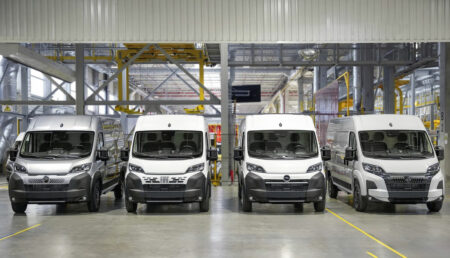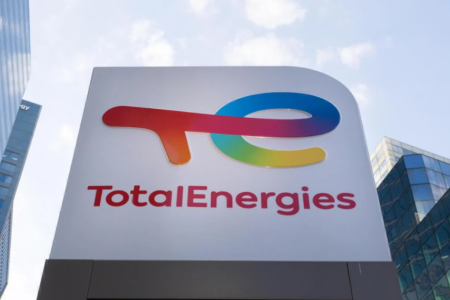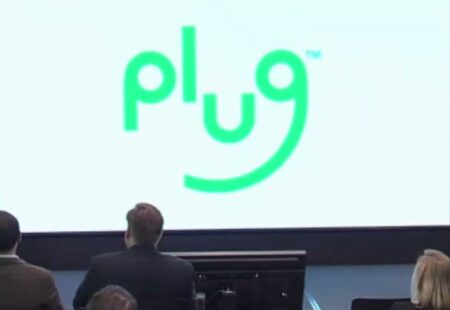Nuclear power can play a crucial role in the production of zero-carbon hydrogen due to its competitive pricing, relatively small geographic footprint, and high capacity, say analysts and industry heads.
With the increasing demand for low-carbon hydrogen, the need for sustainable and cost-effective hydrogen production methods has become paramount. Nuclear power offers abundant electricity and process heat, which can be used to produce hydrogen without the emission of greenhouse gases.
Process heat means that nuclear reactors can be paired with high-temperature steam electrolyzers (HTSE), which use less electricity per kilogram of hydrogen produced. Additionally, advanced reactors operating at very high temperatures can produce hydrogen thermochemically, without the use of electrolyzers.
The cost of nuclear hydrogen is often lower than that of hydrogen produced by renewable sources because of the relatively low capacities offered by renewable sources when running electrolyzers. Additionally, the rising capital expenditure costs for electrolyzers and power storage mean nuclear is relatively economical in the short term. However, the cost advantage of nuclear hydrogen over renewable sources could change if renewable power costs and electrolyzer capital expenditure costs continue to decrease.
Despite the cost advantages of nuclear hydrogen, there are concerns around the high-priced examples of nuclear plants such as Hinkley Point C in Britain, the Vogtle reactors in the United States, and first-of-a-kind projects such as some of the advanced next-generation reactors under development. However, proponents of nuclear power argue that such problems could be solved by maturing the new-build industry, finding ESG investable asset recognition, and moving to nth-of-a-kind advanced reactors that are cookie-cutter factory-built.
In Lazard’s latest annual breakdown of levelized costs of energy from generation and storage technologies and hydrogen production methods, subsidized nuclear-produced hydrogen will cost between $1.16 to $2.99 per kilogram, while subsidized renewables produce hydrogen for between $4.77 to $7.37 per kilogram. Running a 20-100 MW polymer electrolyte membrane (PEM) electrolyzer, nuclear performed equally well for alkaline electrolysers and for unsubsidized generation.
Nuclear-generated electricity is especially competitive when produced from nuclear plants which have had their operating lives extended, according to the International Energy Agency (IEA).
Today, only 2% of the world’s hydrogen is produced from low-carbon sources of power generation, while green hydrogen strategies from dozens of countries are calling for all hydrogen to be from low-carbon sources. Clean hydrogen production needs to rise to 614 million tons (MT) a year by 2050 from 0.8 MT a year currently, according to the International Renewable Energy Agency (IRENA).
The flexibility of nuclear, which often runs at a constant above 90% capacity factor, is important when providing power for electrolyzers and consumers. When power prices are cheap, hydrogen can be produced. But, when power prices are expensive, and the grid needs decarbonized electrons, the electrolyzer can be turned off, and the power can be sold, making nuclear hydrogen a long-term play to increase the monetary value of baseload clean electrons.








